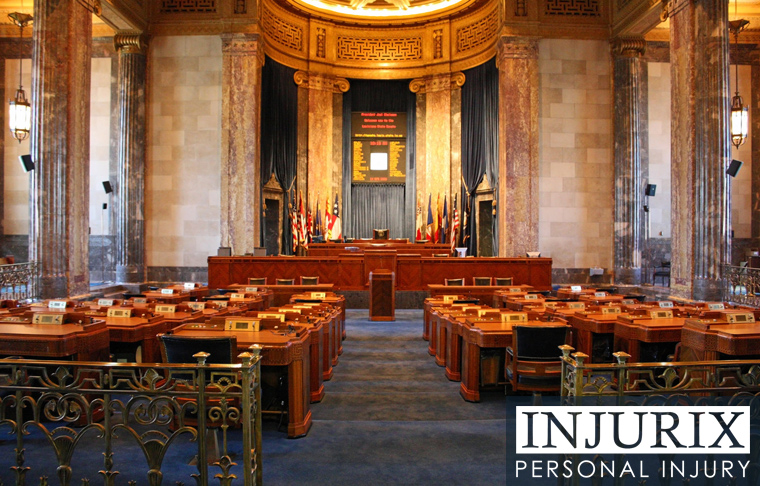
Legislation affecting the process and outcomes for Louisiana car accident settlements was debated in the state legislature throughout 2020 and was ultimately signed by Governor John Bel Edwards, taking effect with the arrival of 2021. The changes were a part of the Civil Justice Reform Act.
What are the new changes and what do they mean?
That depends on perspective, but we’ll lay out the facts here:
- Under previous law, a claim had to be for at least $50,000 to trigger a jury trial. Anything below that amount was argued in front of a single judge. The new threshold is $10,000.
- Under previous law, the fact the plaintiff was not wearing a seatbelt was inadmissible in court. The new rules will allow this evidence to be introduced.
- The damages that can be awarded to cover certain medical expenses is now capped. Exceptions are medical malpractice lawsuits or claims made against government agencies.
- It increased the per diem compensation a Louisiana juror gets.
Supporters of the law say the changes will help reduce Louisiana’s car insurance rates, which currently average at $2,200 a month—the second highest in the U.S.
The reason supporters believe this is because the damage caps provide cost certainty to insurers as to what they may be liable for.
It’s further perceived that the seatbelt change makes it more likely a jury will come back with lower settlement amounts—the rationale being that the person deserves something, since they weren’t at fault for the accident—but perhaps not as much as they asked, since the seatbelt negligence aggravated the injuries.
Finally, supporters believe that frivolous cases are less likely to move forward with more of them required to go in front of a jury.
Opponents of the new law, not surprisingly, disagree with the assessment. They note that there is no requirement for insurance companies to lower rates and that previous changes have not resulted in cost savings being passed on to policyholders.
They further argue that the caps on damages and the accompanying cost certainty it provides makes it more likely that insurers will try to avoid paying claims—after all, they know exactly what their risk is if it ends up in court.
This is to say nothing of the possibility that the cap amount might not be sufficient for people with particularly severe injuries.
Finally, judges point out that jury trials tax the resources of the court system. It can be hard enough finding people to fill jury trials; now there will be more of them and the jury will cost more.
Like most pieces of legislation, Louisiana’s new car accident settlement rules are a combination of positives and negatives. Unbiased observers who simply want reasonable car insurance rates and a fair legal process will be watching closely to monitor their effects.